18 Foods Richer in Protein Than Eggs to Energize Your Diet
Eggs are a great source of protein, but they are not the only option to boost your meals. There are plenty of other foods that pack even more protein than an egg, helping you meet your daily protein needs. Whether you are looking to build muscle, stay full longer, or simply eat healthier, these protein-rich foods can make a difference. Here are some great alternatives to eggs that can easily be added to your meals.
This post may contain affiliate links, which helps keep this content free. Please read our disclosure for more info.
Almond Butter
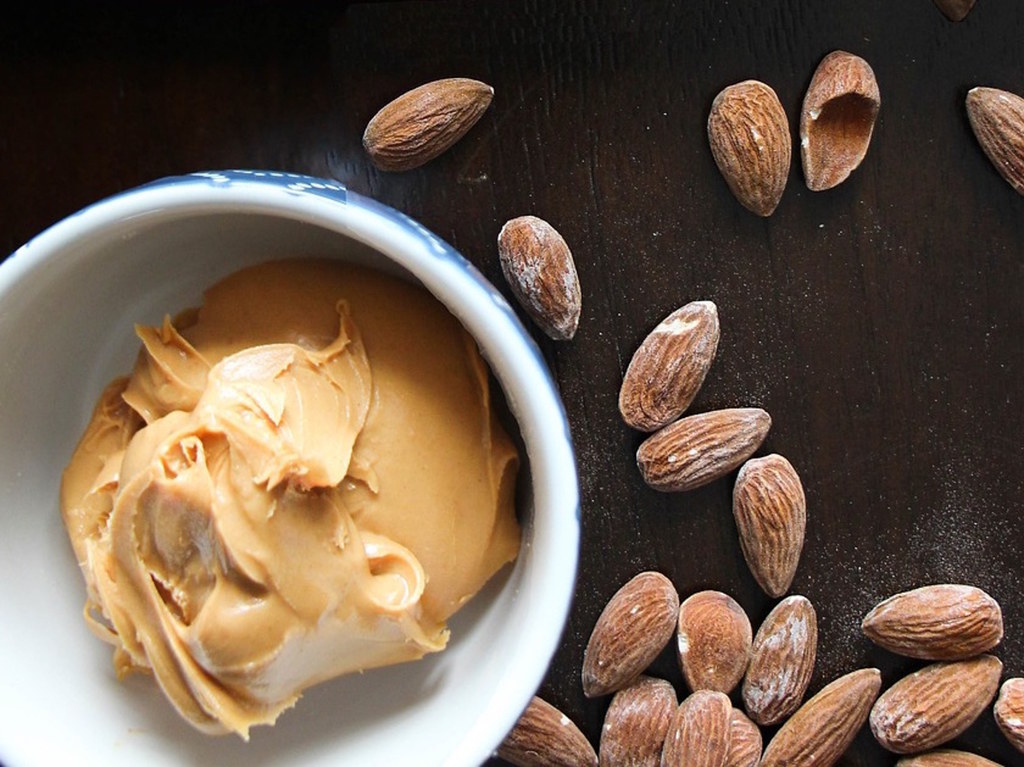
Almond butter is a great source of protein, containing about 7 grams of protein per 2 tablespoons, which is more than an egg’s 6 grams. It also provides healthy fats, particularly monounsaturated fats, which can help support heart health. Consuming almond butter can help keep you full longer and support muscle growth due to its protein content. It also contains a variety of vitamins and minerals like vitamin E, magnesium, and potassium, making it a nutritious addition to your diet.
Almond butter is an excellent alternative to eggs for those looking to increase their protein intake in a plant-based way. It pairs well with a variety of foods, from toast and smoothies to oatmeal and desserts. The added fiber from almonds helps with digestion and overall gut health. With its creamy texture and nutty flavor, almond butter is a delicious and healthy way to boost protein levels in your meals.
Parmesan Cheese
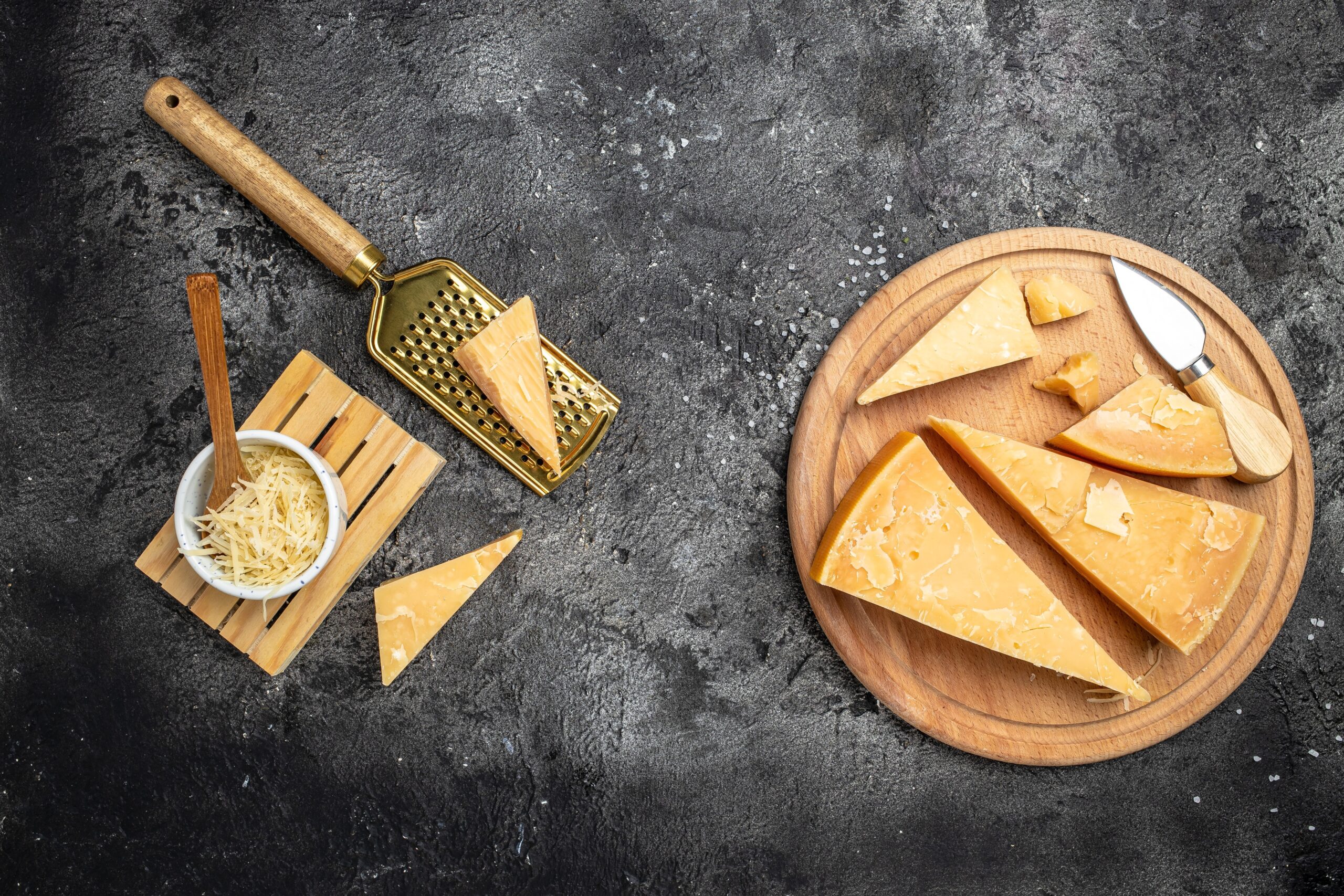
Parmesan cheese contains about 10 grams of protein per ounce, which is significantly more than an egg. It is also rich in calcium, which is essential for bone health, and has a high concentration of healthy fats. Including Parmesan cheese in your meals can help increase your protein intake while adding a flavorful, savory touch. It also contains probiotics, which promote gut health and improve digestion.
Because of its strong flavor, Parmesan cheese can be used in smaller amounts, making it a versatile ingredient in a variety of dishes. It pairs well with pastas, salads, and even sprinkled over vegetables. The high protein content can help with muscle repair and growth, especially after exercise. If you are looking to increase your protein intake, Parmesan cheese is a great option without needing to consume large quantities.
Tuna
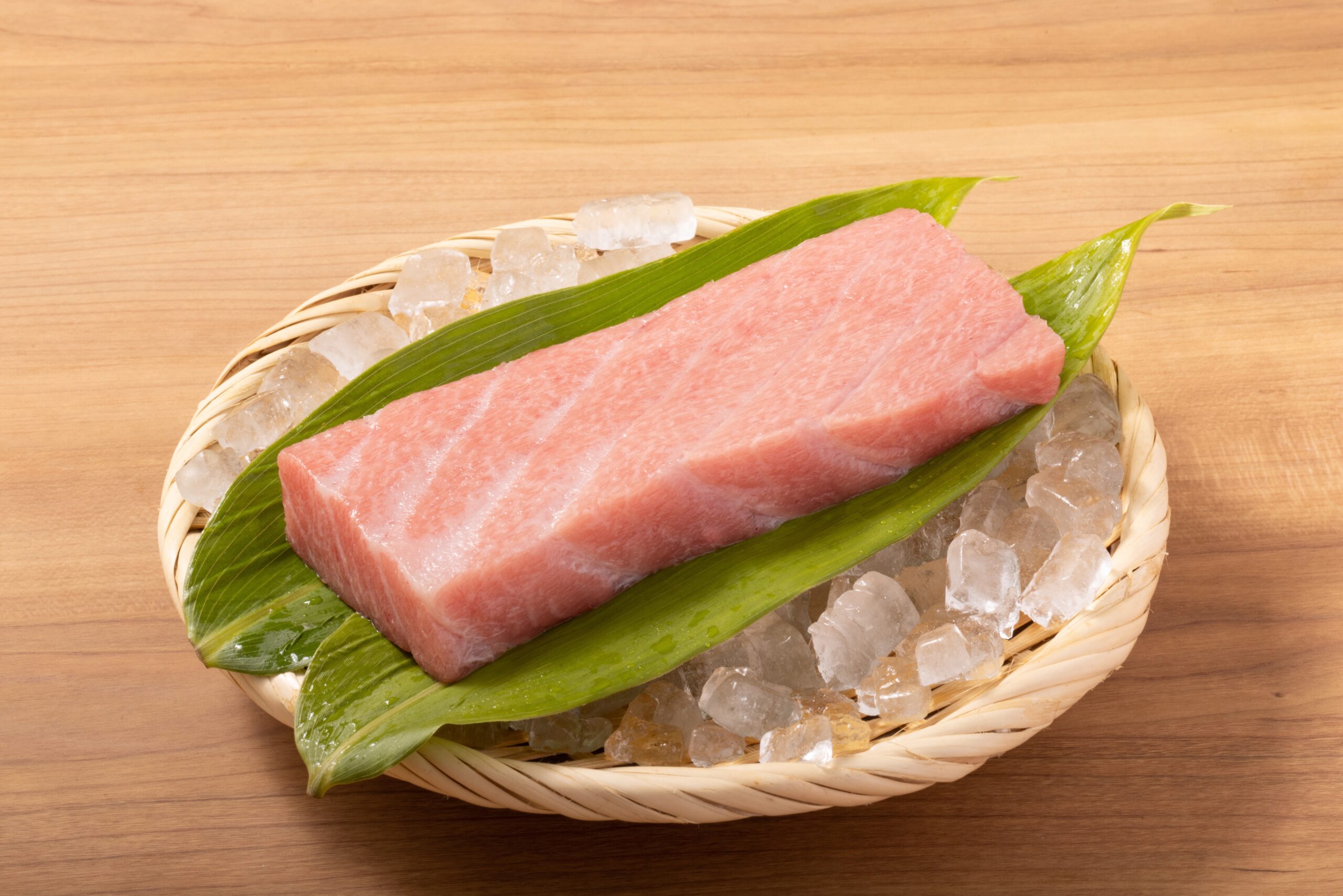
Tuna is a fantastic source of protein, offering about 20 grams of protein per 3-ounce serving, which is nearly four times the amount found in an egg. It is also low in fat, making it a great option for those looking to increase protein intake without adding extra calories. Tuna is rich in omega-3 fatty acids, which are beneficial for heart health and brain function. Regular consumption can also improve skin health due to its anti-inflammatory properties.
Tuna is incredibly versatile and can be enjoyed in salads, sandwiches, or mixed into pasta dishes. It is also an excellent choice for a quick and easy meal, as it is often available canned, making it convenient for busy days. The high protein content in tuna supports muscle recovery and helps keep you feeling full longer. With its rich flavor and nutritional benefits, tuna is a great addition to any diet.
Shrimp
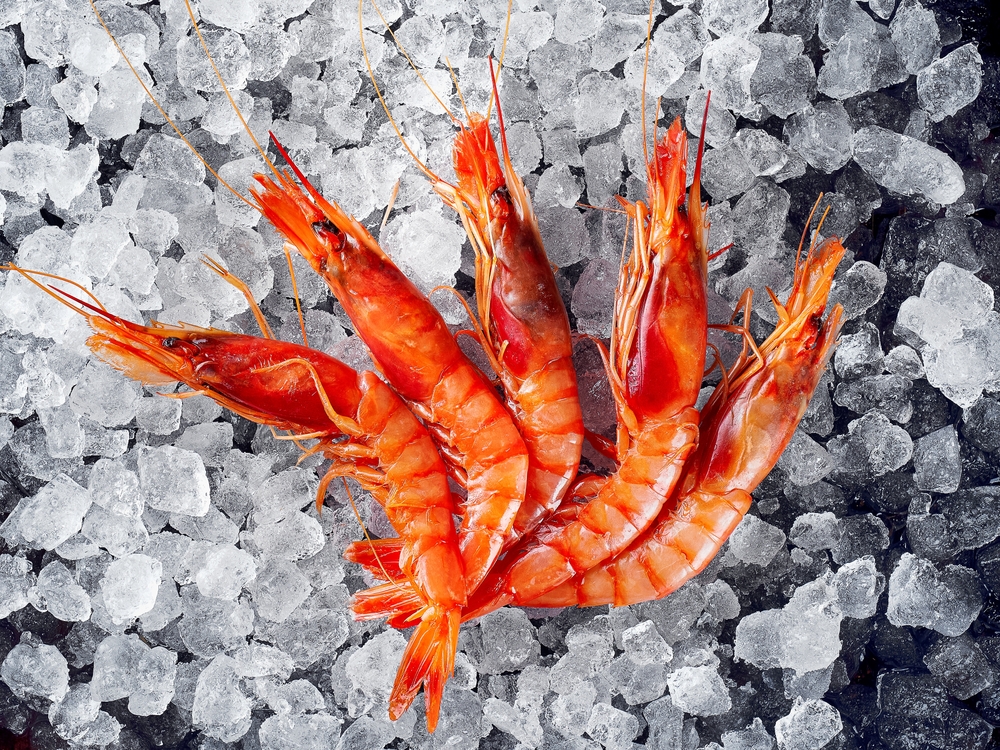
Shrimp is a lean source of protein, providing around 20 grams of protein per 3-ounce serving, which is significantly more than an egg. It is low in fat and calories, making it an ideal protein choice for those watching their weight. Shrimp is also a great source of selenium, a powerful antioxidant that supports immune health and protects against cell damage. The high protein and low-fat content make shrimp an excellent option for building lean muscle mass.
In addition to its protein benefits, shrimp is rich in vitamins and minerals like vitamin B12, iodine, and phosphorus, which support bone health and energy production. Shrimp cooks quickly and can be used in a variety of dishes, from stir-fries to salads. Its versatility and protein content make it an excellent option for anyone looking to add more protein to their meals. Whether you prefer it grilled, boiled, or sautéed, shrimp provides a healthy and delicious protein boost.
Almonds
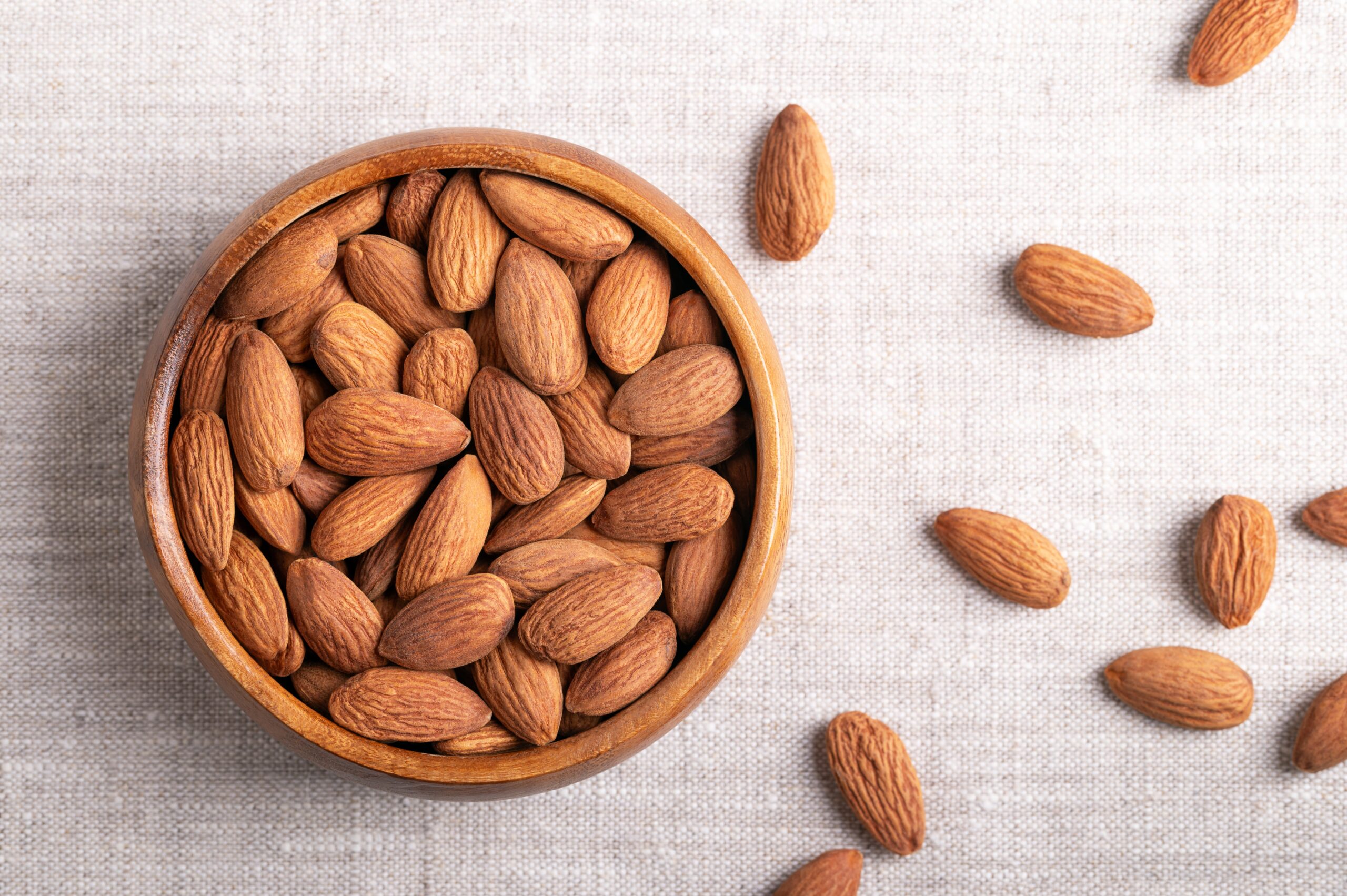
Almonds are a great source of plant-based protein, with about 6 grams of protein per ounce, making them a great option for those seeking alternatives to eggs. They also contain healthy fats, particularly monounsaturated fats, which can help reduce cholesterol levels and support heart health. The high fiber content in almonds helps improve digestion and keeps you feeling fuller for longer periods. In addition to protein, almonds are packed with essential nutrients like vitamin E, magnesium, and antioxidants.
Almonds can be enjoyed as a snack or incorporated into various dishes, such as salads, smoothies, and baked goods. They provide a quick and easy protein boost for those with busy lifestyles. The healthy fats and protein in almonds support muscle repair and growth, especially after exercise. Whether eaten raw, roasted, or in almond butter form, almonds are an excellent source of protein and other vital nutrients.
Tofu
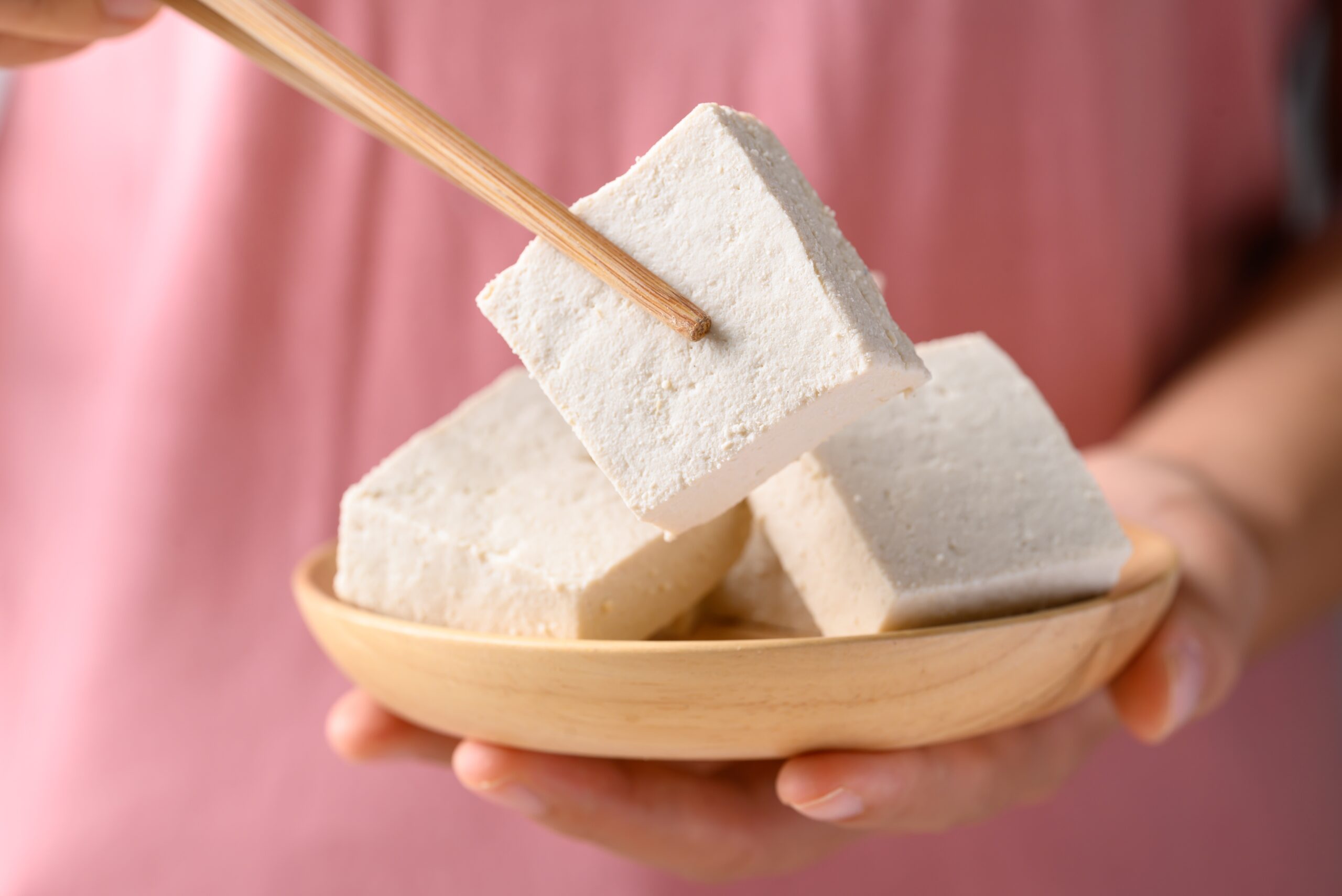
Tofu is an excellent plant-based protein source, providing around 8 grams of protein per 4-ounce serving, which is more than an egg. Made from soybeans, tofu is rich in all nine essential amino acids, making it a complete protein. It is also a good source of iron, calcium, and magnesium, which contribute to overall health and energy levels. Tofu is low in calories and fat, making it ideal for those looking to build muscle or maintain a healthy weight.
Tofu is incredibly versatile and can be used in savory dishes like stir-fries or soups, as well as in desserts like puddings and smoothies. It absorbs the flavors of the ingredients it is cooked with, making it a great addition to a variety of meals. Tofu is also an excellent choice for vegetarians or vegans looking to increase their protein intake. Whether grilled, sautéed, or blended, tofu offers a healthy and protein-rich alternative to eggs.
Beef
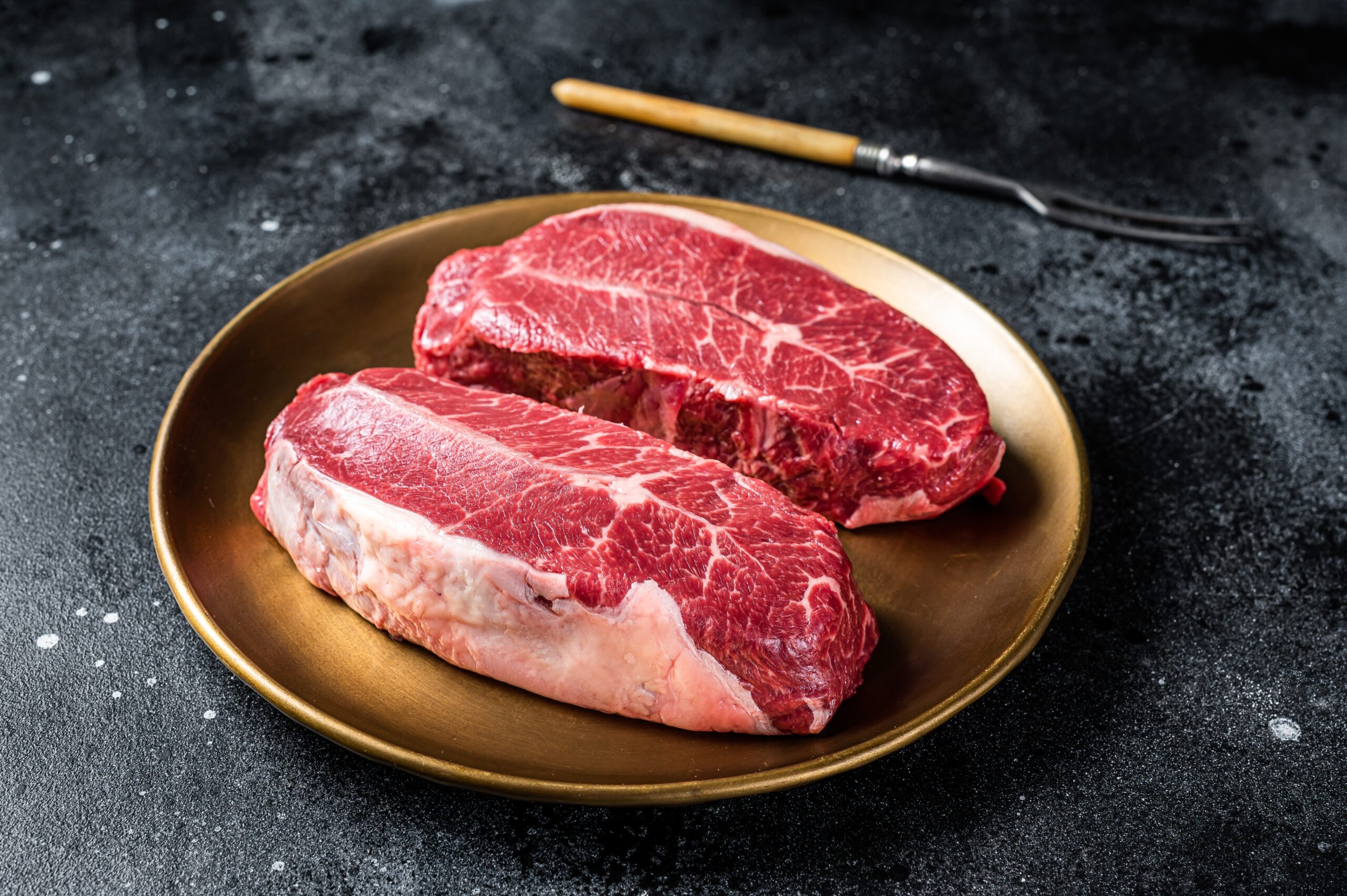
Beef is a high-protein meat that provides about 22 grams of protein per 3-ounce serving, which is nearly four times the protein content of an egg. It is also an excellent source of essential nutrients like iron, zinc, and B vitamins, which support energy production and immune health. The protein in beef helps promote muscle growth, repair, and overall body function. Beef is also rich in creatine, which can enhance athletic performance and endurance.
While beef is a great source of protein, it is important to choose lean cuts to avoid excess saturated fat. Lean cuts like sirloin, round, and flank steak provide a substantial protein boost while minimizing fat intake. Beef can be used in a variety of dishes, from steaks to stews, and pairs well with many vegetables and grains. For those looking to add more protein to their diet, beef is a great, nutrient-dense option.
Chickpeas
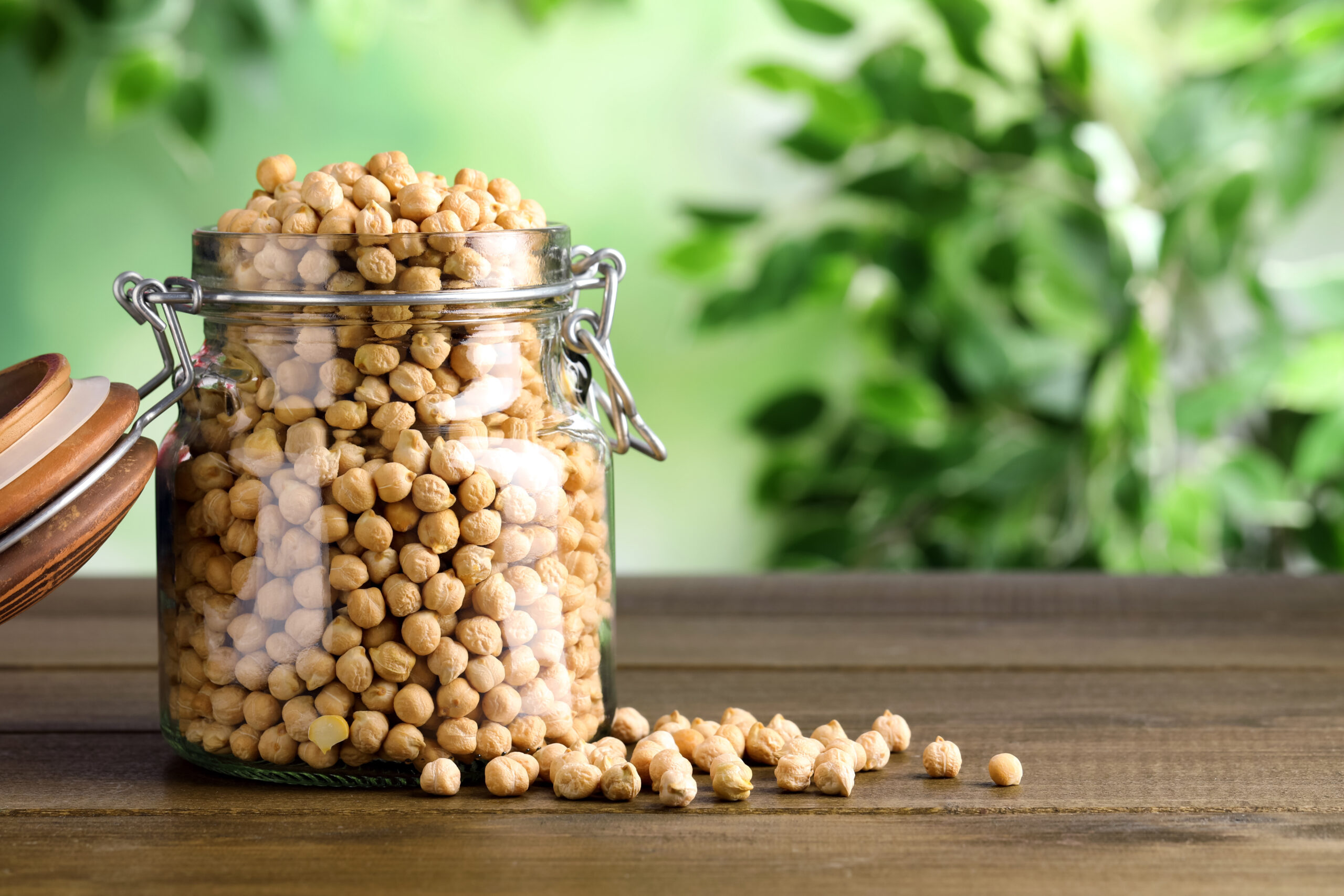
Chickpeas, also known as garbanzo beans, are an excellent source of plant-based protein, with about 15 grams of protein per cup. They are also high in fiber, which helps support digestion and promotes a feeling of fullness. Chickpeas are rich in vitamins and minerals like folate, iron, and manganese, which contribute to energy production and bone health. They are also a good source of antioxidants, which help fight inflammation and protect against cell damage.
Chickpeas are incredibly versatile and can be used in a variety of dishes, from salads and soups to hummus and stews. They are a great option for vegetarians and vegans who need to boost their protein intake. Chickpeas are also affordable and easy to prepare, whether using canned or dried beans. With their high protein and fiber content, chickpeas make a nutritious and filling addition to any meal.
Quinoa
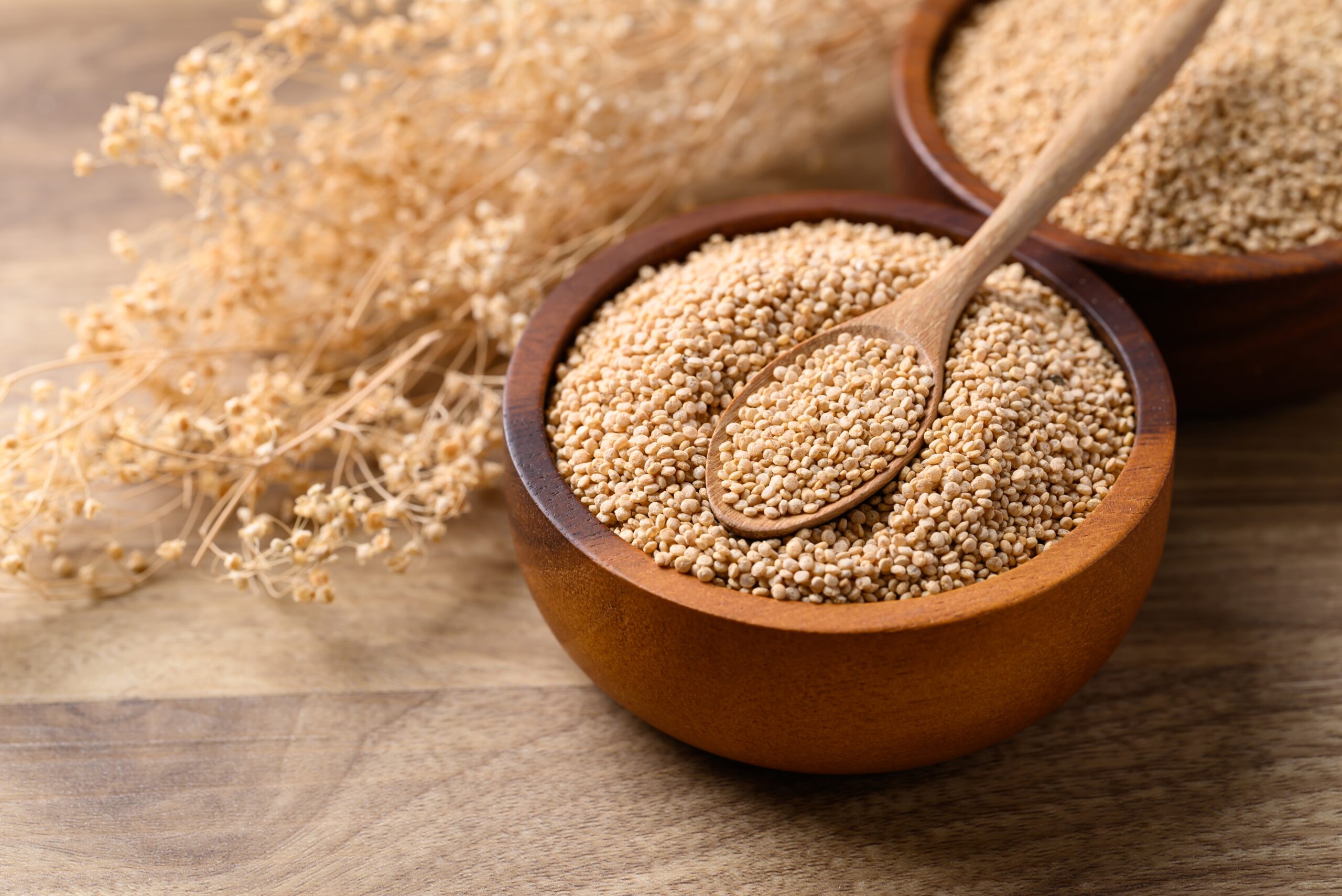
Quinoa is a complete plant-based protein, providing around 8 grams of protein per cup when cooked, making it a great alternative to eggs. Unlike most grains, quinoa contains all nine essential amino acids, making it a high-quality protein source. It is also high in fiber, B vitamins, and important minerals like magnesium and phosphorus, which contribute to overall health. Quinoa is gluten-free, making it an excellent choice for those with gluten sensitivities or celiac disease.
Quinoa can be used in a variety of dishes, such as salads, stir-fries, and as a side dish in place of rice or pasta. Its protein content and nutrient profile make it a great option for those looking to build muscle or maintain a balanced diet. Quinoa is easy to prepare and cooks quickly, making it a convenient option for busy individuals. With its versatility and high protein content, quinoa is a great way to boost your meals without relying on eggs.
Chicken Breast
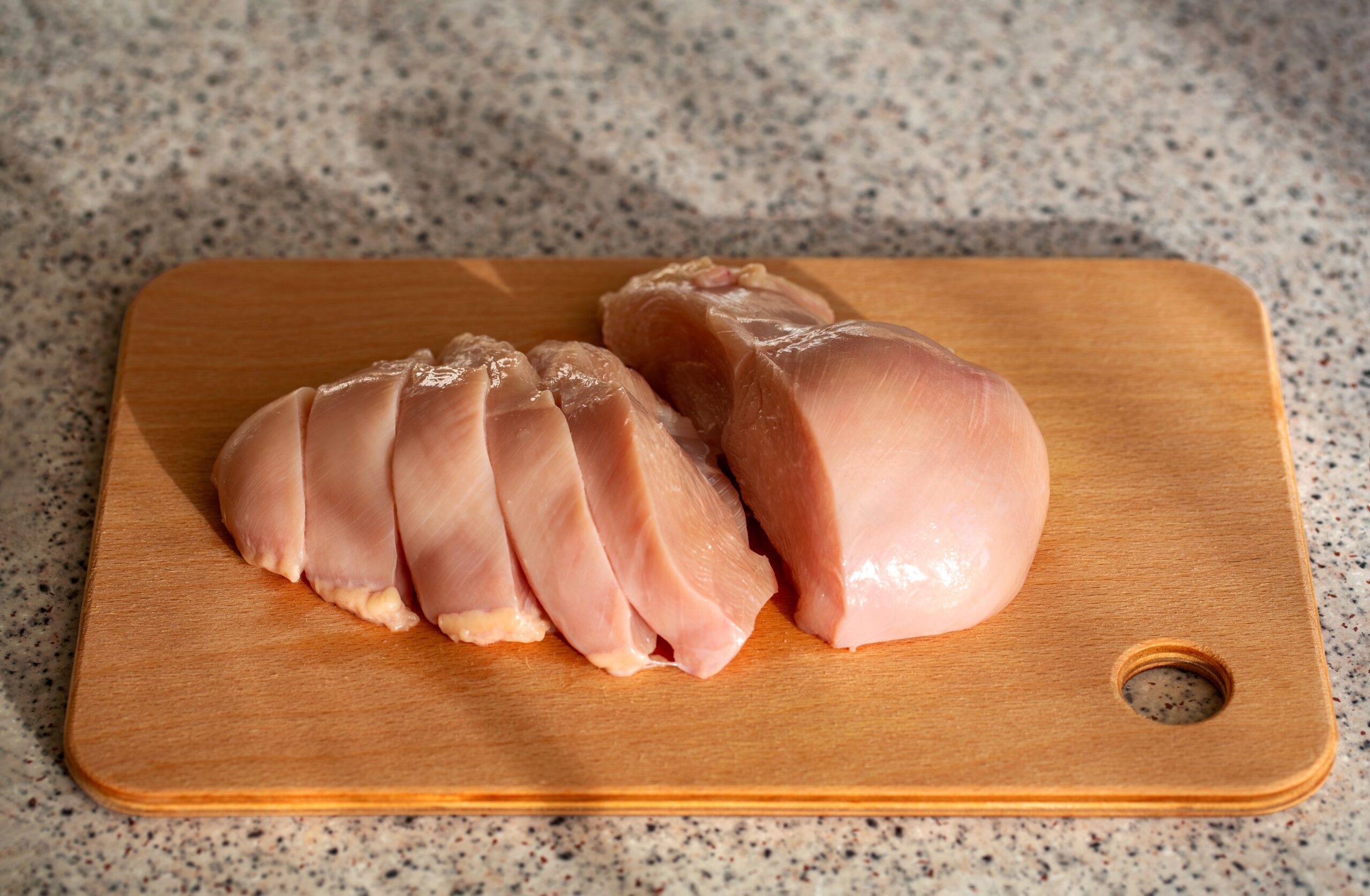
Chicken breast is a lean, high-protein food that provides about 26 grams of protein per 3-ounce serving, far more than an egg. It is also low in fat, especially if the skin is removed, making it an ideal choice for those looking to build muscle or lose weight. Chicken breast is rich in essential amino acids, which are crucial for muscle repair and growth. Additionally, it is a great source of niacin, a B vitamin that supports energy production and healthy skin.
Chicken breast is incredibly versatile and can be used in a wide variety of dishes, from grilled chicken to stir-fries and salads. It is easy to prepare and cooks quickly, making it a great option for busy weeknight meals. When paired with vegetables and whole grains, chicken breast can create a well-rounded, protein-rich meal. Its high protein content and low fat make it an excellent choice for anyone looking to add more protein to their diet.
Black Beans
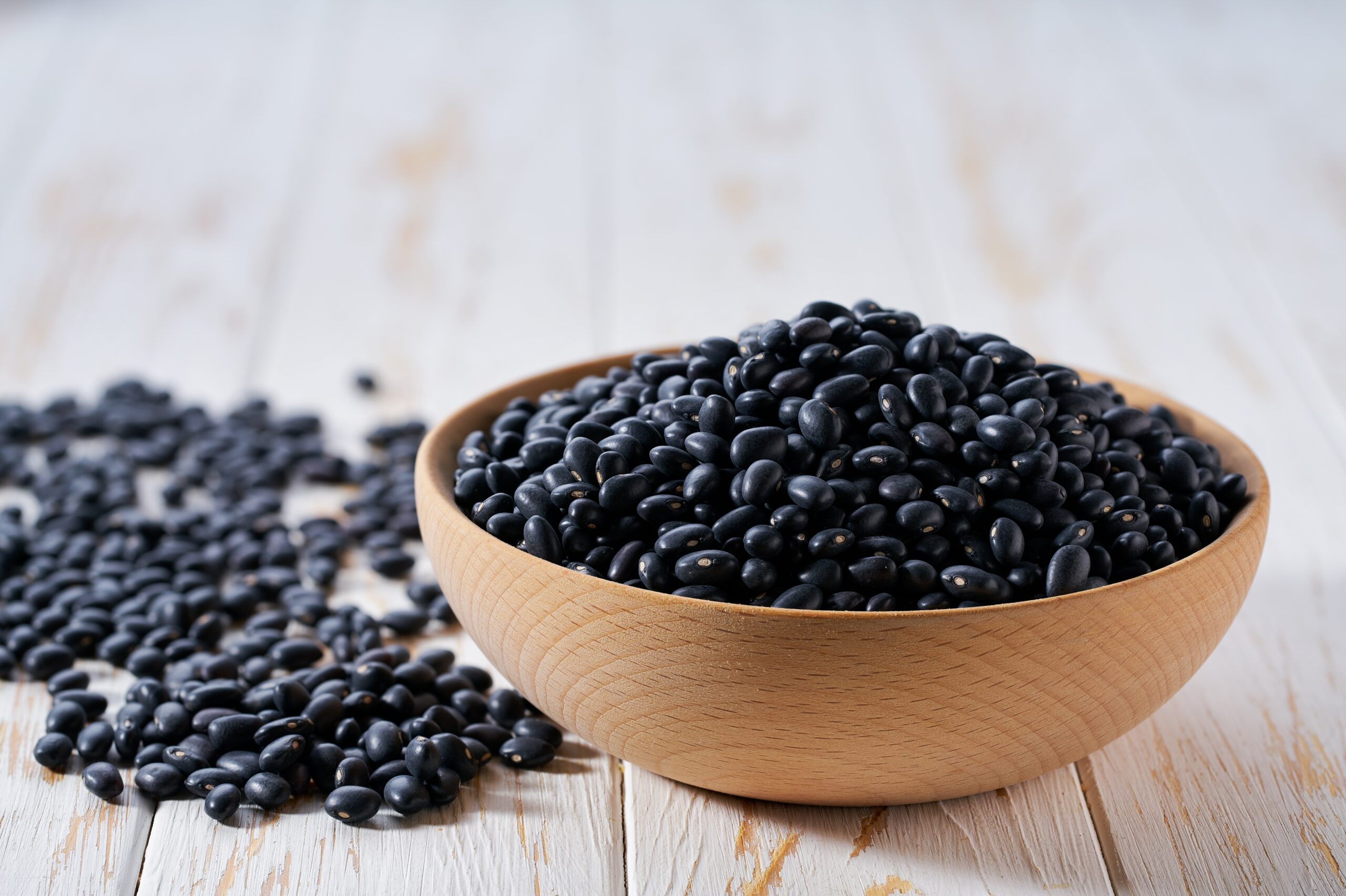
Black beans provide about 15 grams of protein per cup, which is more than an egg. They are also high in fiber, which supports digestion and helps regulate blood sugar levels. Black beans are a great plant-based protein option and are rich in antioxidants, which help reduce inflammation and support overall health. They are also a good source of folate, iron, and magnesium, all of which contribute to energy production and muscle function.
Black beans can be used in a variety of dishes, such as tacos, burritos, salads, and soups. They are affordable and easy to cook, whether using canned or dried beans. Black beans are perfect for vegetarians and vegans who need to increase their protein intake. The combination of protein and fiber in black beans makes them a filling and nutritious addition to any meal.
Cottage Cheese
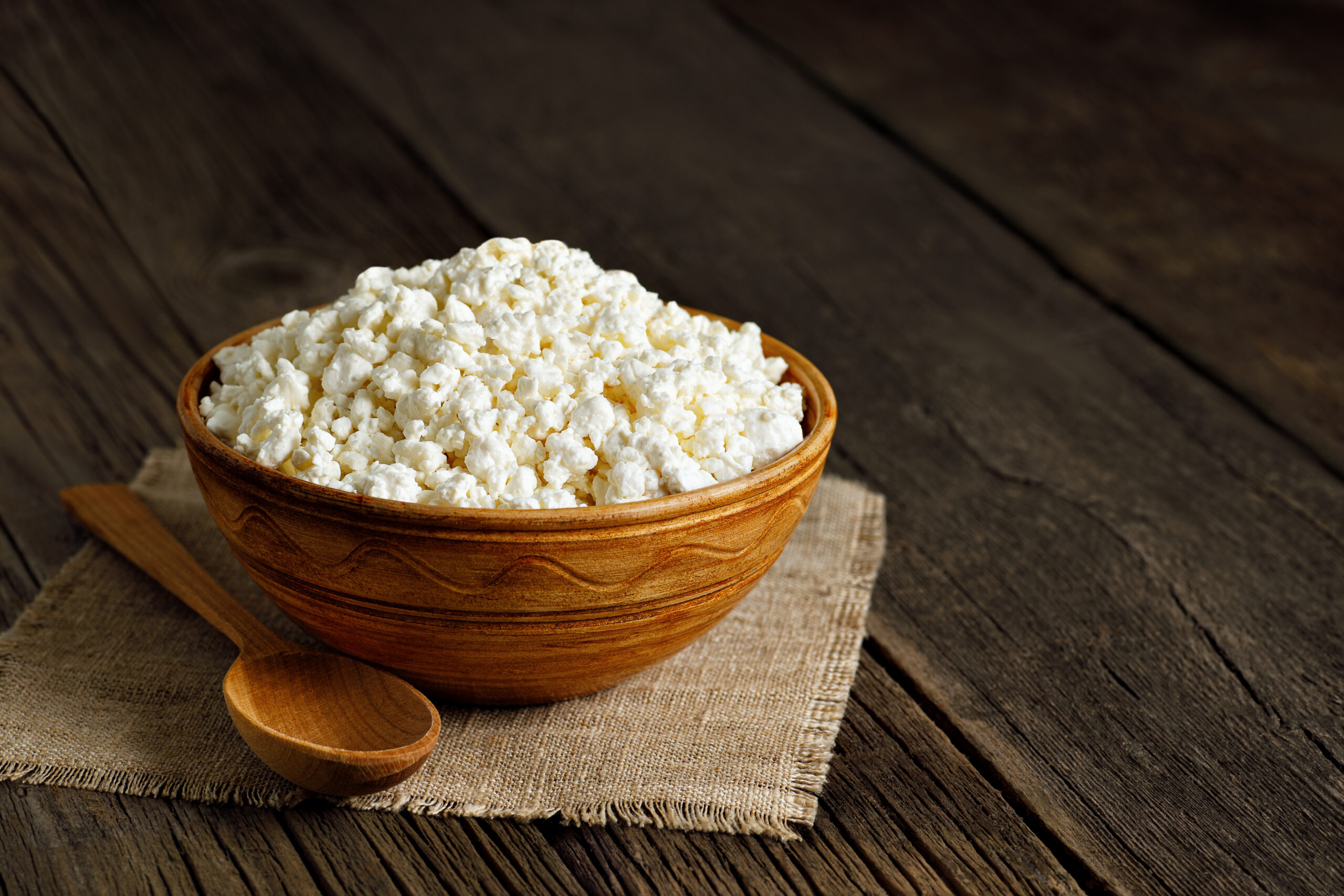
Cottage cheese is a dairy product that provides about 14 grams of protein per half-cup serving, which is significantly more than an egg. It is rich in casein protein, a slow-digesting protein that can help keep you feeling full longer. Cottage cheese is also a great source of calcium, which supports strong bones and teeth, and it contains several B vitamins that support energy production. This makes it an excellent choice for both muscle recovery and overall health.
Cottage cheese can be enjoyed on its own, mixed with fruit or honey for a sweet snack, or added to savory dishes like salads and casseroles. It is low in fat and calories, especially when opting for low-fat or fat-free versions, making it suitable for those looking to manage their weight. The high protein content in cottage cheese helps with muscle building and repair, making it an ideal post-workout snack. With its versatility and nutritional benefits, cottage cheese is a great addition to a balanced diet.
Edamame
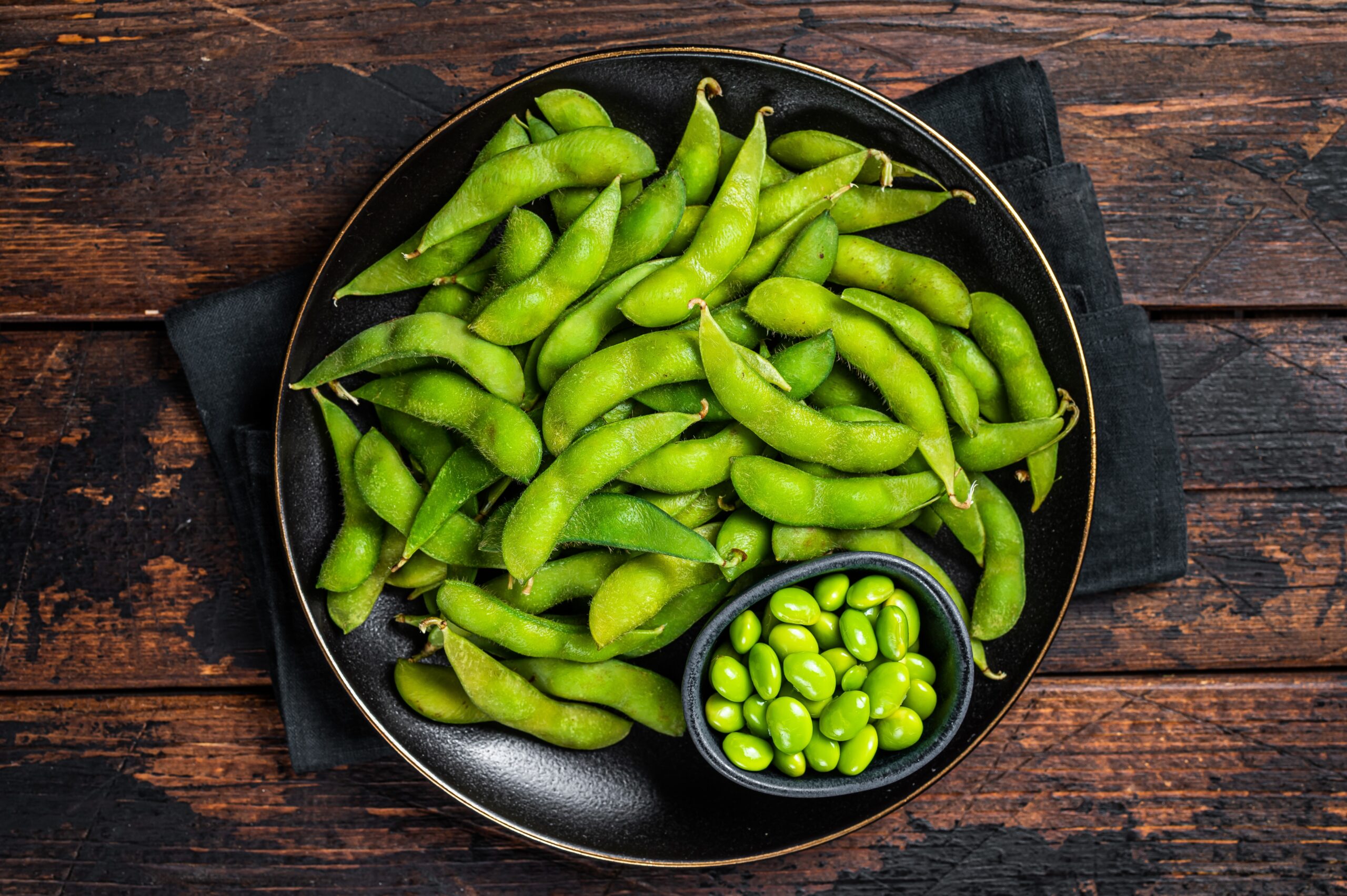
Edamame, or young soybeans, are an excellent source of protein, providing about 17 grams of protein per cup when cooked. They are rich in essential amino acids, making them a complete protein source, which is rare for plant-based foods. Edamame is also high in fiber, which helps improve digestion and keeps you feeling full. Additionally, it contains important vitamins and minerals like iron, calcium, and vitamin K, supporting overall health and bone strength.
Edamame can be eaten as a snack, added to salads, or tossed into stir-fries for a protein boost. They are easy to prepare, whether you are boiling or steaming them, and require little effort to incorporate into your meals. Edamame is an ideal plant-based protein for vegetarians and vegans looking to increase their protein intake. With their nutrient profile and satisfying texture, edamame is a great alternative to eggs and a healthy addition to any meal.
Greek Yogurt
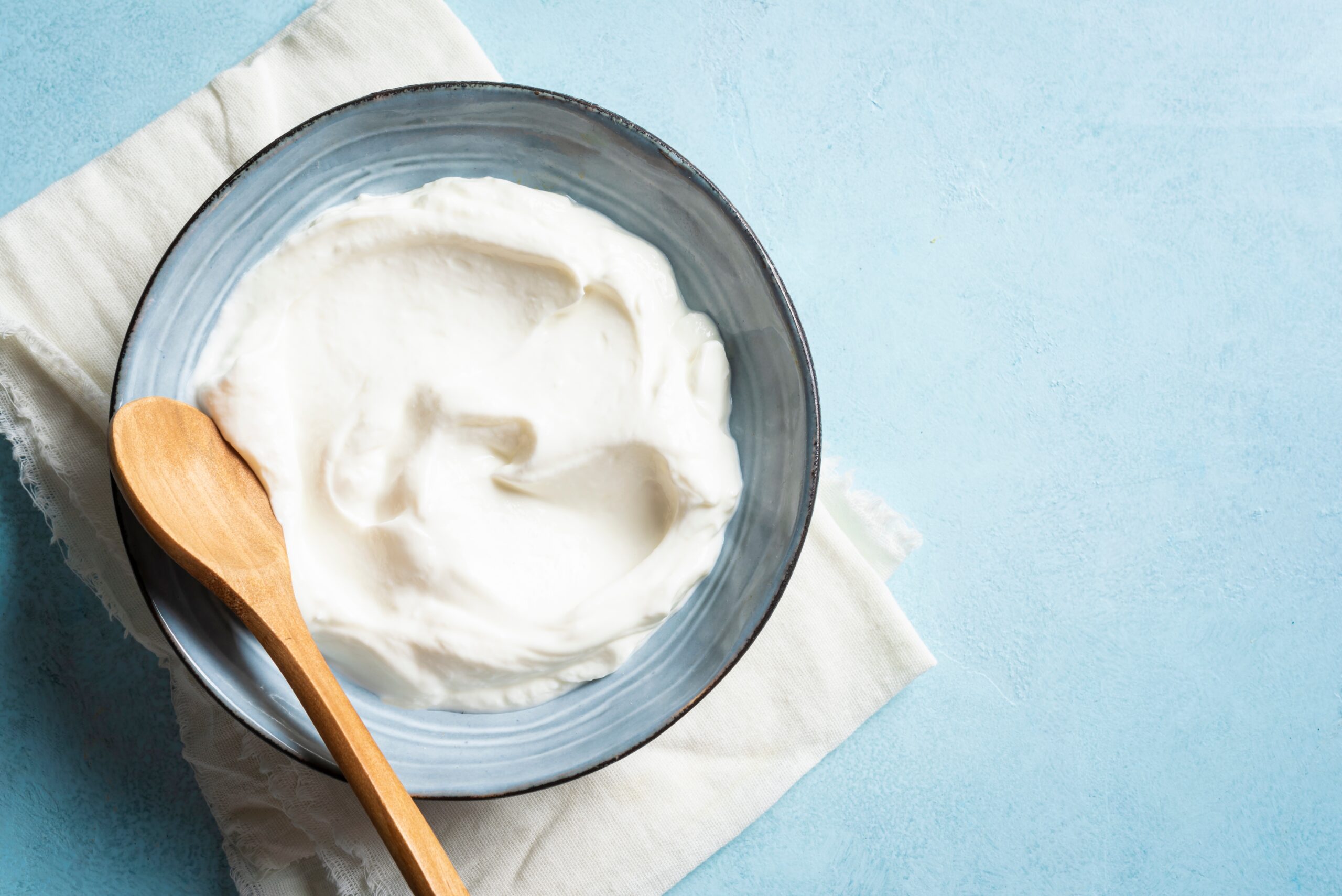
Greek yogurt contains about 20 grams of protein per 6-ounce serving, which is nearly three times the amount found in an egg. It is also rich in probiotics, which promote gut health and improve digestion. Greek yogurt is an excellent source of calcium, which is crucial for maintaining strong bones and teeth, and it is also packed with essential vitamins and minerals like B12 and potassium. Its creamy texture and tangy flavor make it a versatile ingredient for both sweet and savory dishes.
Greek yogurt can be eaten on its own, mixed with fruits and nuts, or used as a base for smoothies and sauces. It is a great option for those looking to increase their protein intake while also benefiting from its digestive and bone health properties. Greek yogurt is also lower in sugar compared to regular yogurt, making it a healthier choice. Whether you enjoy it as a snack or part of a meal, Greek yogurt is a nutritious, protein-packed option.
Pumpkin Seeds
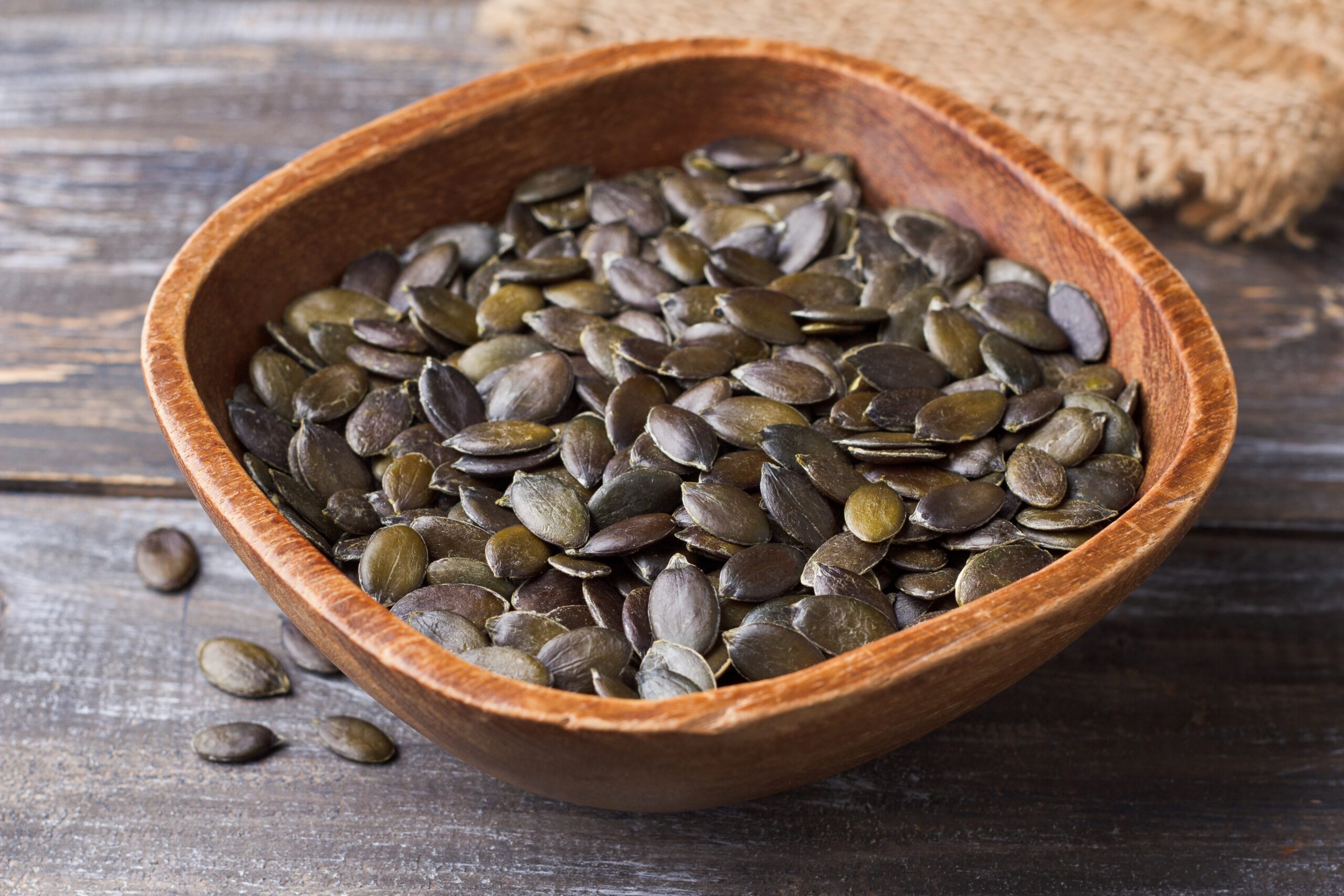
Pumpkin seeds, also known as pepitas, are a highly nutritious snack that provides about 7 grams of protein per ounce. They are also rich in healthy fats, particularly omega-3 fatty acids, which support heart health and reduce inflammation. Pumpkin seeds are a good source of magnesium, iron, and zinc, which contribute to muscle function, immune health, and overall well-being. The high protein and fiber content make them a filling and energizing snack.
Pumpkin seeds are versatile and can be eaten raw, roasted, or added to salads, oatmeal, or baked goods. They make a great addition to smoothies or granola, offering a boost of protein and healthy fats. The plant-based protein in pumpkin seeds is great for vegetarians and vegans looking to increase their protein intake. With their crunchy texture and nutritional benefits, pumpkin seeds are an excellent and convenient protein-packed food.
Lentils
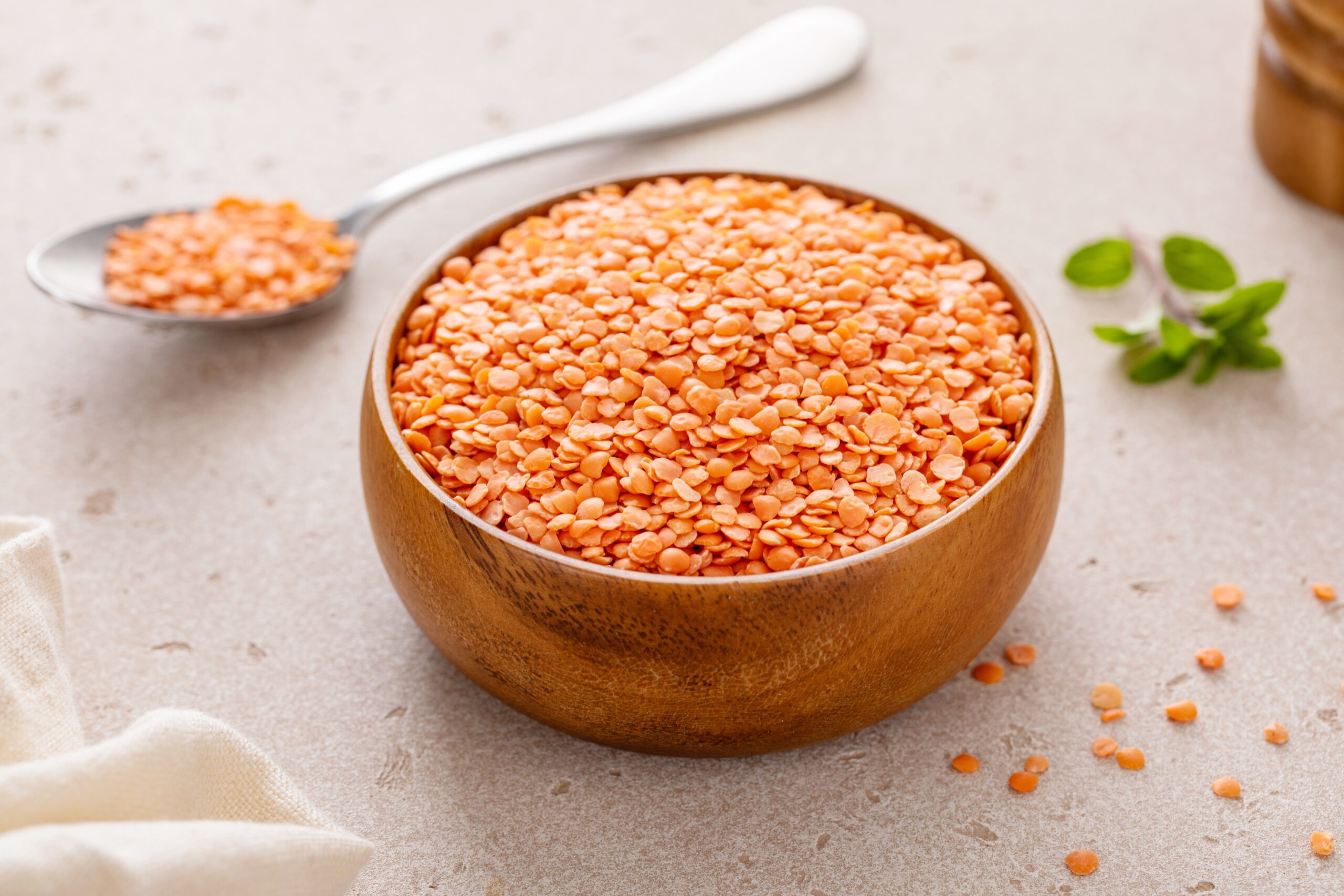
Lentils are an excellent plant-based source of protein, offering about 18 grams of protein per cup when cooked, which is more than an egg. They are also rich in fiber, which helps with digestion and keeps you feeling full longer. Lentils provide a variety of essential vitamins and minerals, such as iron, folate, and magnesium, which support overall health and energy production. The combination of protein and fiber makes lentils a perfect addition to meals for anyone looking to boost their protein intake.
Lentils are versatile and can be used in soups, stews, salads, or even blended into dips. They are easy to cook, and with a wide variety of lentil types available (such as green, brown, and red), you can incorporate them into many different dishes. Lentils are also a great choice for vegetarians and vegans looking for affordable, high-protein options. With their affordability and nutritional profile, lentils are an excellent alternative to animal-based protein sources.
Turkey Breast
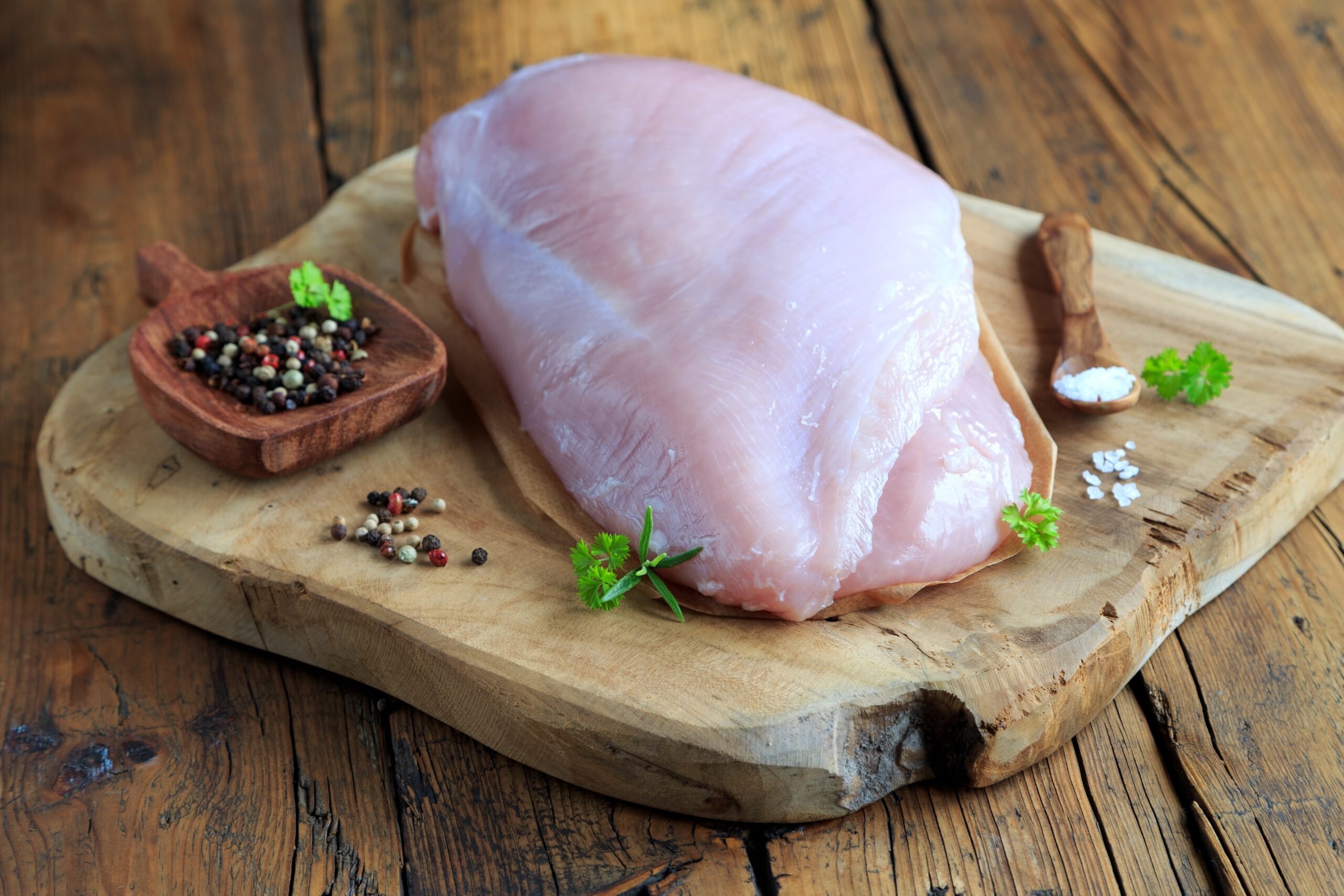
Turkey breast is a lean protein source, providing about 24 grams of protein per 3-ounce serving, which is much higher than an egg. It is low in fat and high in nutrients like B vitamins, which support energy production and metabolism. Turkey breast is also rich in selenium, an important antioxidant that supports immune function and helps protect the body from oxidative stress. This makes turkey breast an ideal option for those looking to increase their protein intake without consuming excess fat.
Turkey breast is incredibly versatile and can be used in a variety of dishes, from sandwiches and salads to soups and casseroles. It cooks quickly and can be enjoyed both hot and cold, making it a convenient protein option for busy individuals. This lean meat also helps with muscle repair and growth, making it an excellent choice for those who are active or looking to build muscle. Turkey breast offers a high-protein, low-fat alternative to more traditional protein sources like beef or chicken thighs.
Salmon
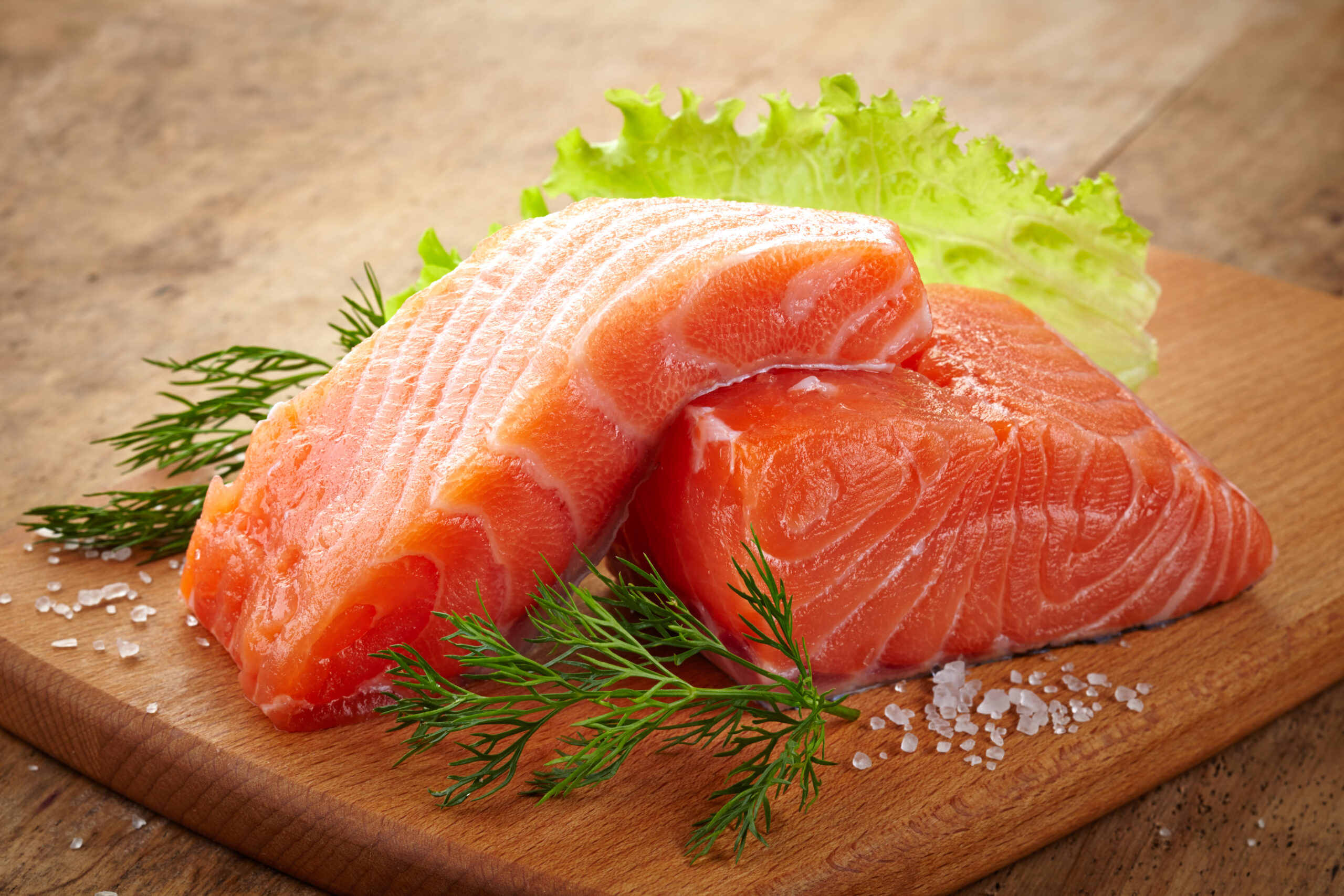
Salmon is a nutrient-dense fish that provides about 22 grams of protein per 3-ounce serving, which is significantly more than an egg. It is also rich in omega-3 fatty acids, which are beneficial for heart health, reducing inflammation, and supporting brain function. Salmon is a great choice for those looking to increase their protein intake while also benefiting from the healthy fats that promote overall well-being. It is also high in vitamins B12 and D, both of which contribute to energy production and immune health.
Salmon can be enjoyed in many different ways, from grilling and baking to adding it to salads or pasta dishes. Whether fresh or canned, it is a versatile protein source that can be easily incorporated into your diet. The protein in salmon helps with muscle repair and recovery, making it an excellent post-workout meal. Its rich flavor and high nutritional value make salmon an ideal protein option for anyone looking to improve their health and fitness.
This article originally appeared on Avocadu.
